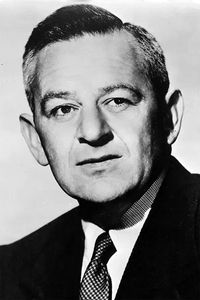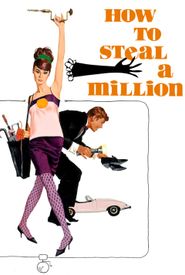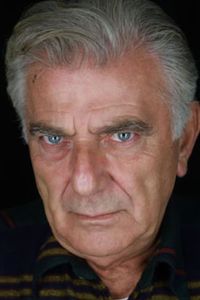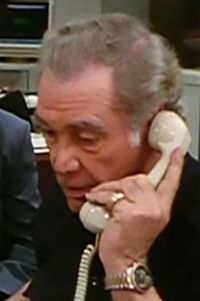Here is the biography of William Wyler:
William Wyler was a renowned American filmmaker who is widely regarded as one of the greatest directors in the history of cinema. Born on July 1, 1902, in Mulhouse, Alsace (then a possession of Germany),to Jewish parents, Wyler's early life was marked by a love for the arts. His mother, Melanie (née Auerbach),was a cousin of Carl Laemmle, the founder of Universal Pictures, and Wyler's family often attended concerts, opera, and theatre performances. His father, Leopold, was a traveling salesman who later became a successful haberdasher.
Wyler's connection to the film industry was cemented when he was offered a job at Universal Studios in 1920, at the age of 18. He started as an errand boy in New York, before moving to California and working his way up to become a director. His early career was marked by a series of low-budget silent westerns, but his breakthrough came with the 1929 film "Hell's Heroes," which was an early talkie and showcased his innovative use of deep-focus cinematography.
Wyler's collaboration with producer Samuel Goldwyn in the 1930s was marked by a string of critically acclaimed films, including "Dodsworth" (1936),"Dead End" (1937),and "Wuthering Heights" (1939). He also directed several films for Warner Bros., including "Jezebel" (1938) and "The Letter" (1940),which starred Bette Davis and cemented his reputation as a master of the craft.
Wyler's work during World War II was marked by his service in the U.S. Army Air Forces, where he directed a series of propaganda films, including "The Memphis Belle: A Story of a Flying Fortress" (1944). After the war, he returned to directing features, including "The Best Years of Our Lives" (1946),which won seven Academy Awards, including Best Picture and Best Director.
Wyler's post-war career was marked by a string of critically acclaimed films, including "The Heiress" (1949),"Detective Story" (1951),"Roman Holiday" (1953),and "Ben-Hur" (1959),which won 11 Academy Awards, including Best Director. He also directed several Westerns, including "The Big Country" (1958) and "The Collector" (1965).
Wyler's later career was marked by a decline in his health, and he died on July 27, 1981, in Beverly Hills, California. Despite his passing, Wyler's legacy as one of the greatest directors in the history of cinema remains unchallenged, and his films continue to be celebrated for their technical innovation, emotional depth, and timeless appeal.





















































